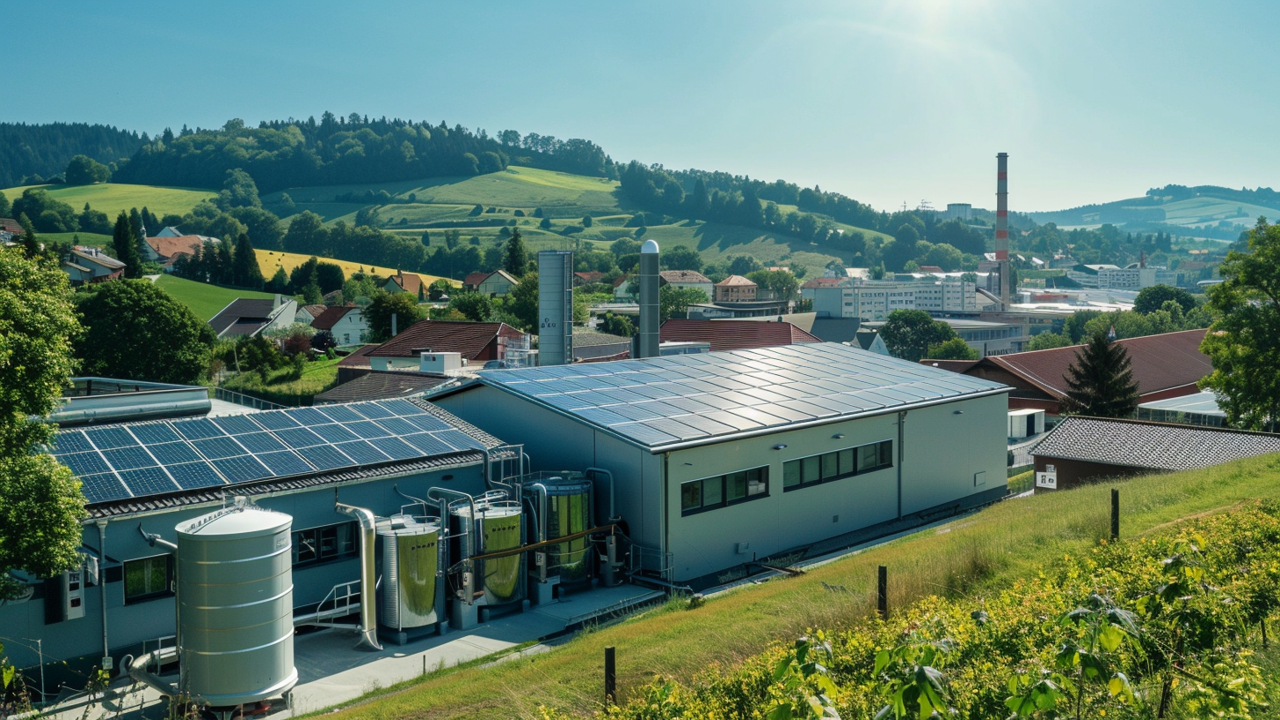The transition to natural gas or biomass alone threatens to increase costs and heating prices. The transformation of the heating industry deserves more than simple solutions. If it is to be sustainable in the long term – not only environmentally, but above all economically – it is necessary to seek a smart combination of technologies and flexible operation of multiple sources, not a single dogma.
Five years to find a solution that will affect decades of operation
There are currently hundreds of heating plants and boiler rooms operating in the Czech Republic, most of which are owned by municipalities or their technical services. In most cases, these facilities are dependent on coal or natural gas and face several concurrent pressures: the termination of coal supplies due to the gradual closure of mines, dynamic gas prices, and the threat of rising costs for emission allowances.
At the same time, there is growing pressure to decarbonize the heating industry—from the state, the public, and the cities themselves, which want to improve the quality of life for their residents. Many of these facilities have less than five years to complete the transformation and put new sources into operation due to the termination of coal supplies.
"From a time perspective, this is a very tight schedule. If cities make the wrong decisions, they face not only logistical complications, but above all economically inefficient operations that will push them to raise heating prices," says Jan Hanus, CEO of ORGREZ ECO.

Purely natural gas or biomass are not suitable options
It would be a mistake to limit your considerations about the transition to biomass boilers and natural gas. Biomass is a limited resource, which, when the market is under heavy strain and in combination with the legislative ban on the use of primary biomass under the RED III directive, poses a risk of price increases and logistical complications.
Natural gas is flexible, but its future is uncertain in terms of EU emissions policy and geopolitical risks.
On the other hand, purely renewable solutions, based for example on heat pumps, photovoltaic panels, and battery storage, do not have the necessary performance and cost-effectiveness in the winter months.
Hybrid systems offer flexibility and savings
The most advantageous approach is a suitably designed combination of both approaches, known as a hybrid system. By combining the advantages of both approaches, it is possible to find the economic optimum suitable for the location in question. Where this optimum lies depends on local conditions – the nature and age of the district heating system and the source itself, or, for example, the availability of individual fuels and connection to the grid. These considerations lead to a suitable combination of proven technologies – biomass and gas boilers, cogeneration, photovoltaic power plants, storage, waste heat, and others.
What are the advantages of a hybrid system?
The optimal design brings:
- up to a 30% reduction in heat production costs compared to conventional fossil fuel solutions (based on a conservative estimate of permit price developments),
- greater operational flexibility – the systems can respond to current energy prices, temperatures, and demand,
- smart use of fossil fuels, especially natural gas, for combined heat and power generation, thereby ensuring better overall operating economics,
- the ability to actively manage production and optimize to take advantage of business opportunities arising from changing electricity prices,
- Greater operational safety – a larger number of devices also means a higher level of backup in the event of malfunctions.
"Flexible energy systems also allow operators better scalability and resilience to regulatory changes – cities have more room for maneuver in an unstable regulatory and market environment and can add additional sources over time without having to change the entire system," adds Jan Hanus.
Green heating ORGREZ ECO
Operators need not worry about the operation and management of a portfolio of more complex systems. We have systems for efficient production planning and commodity trading, linked to predictive models. By responding to market developments or weather conditions, it is possible to minimize the cost of energy produced and maximize profits from the available operational flexibility. The ORGREZ group can design and deliver such smart systems as part of Zelené teplárenství, a service based on in-depth knowledge of heating infrastructure, energy flexibility, and operational economics.

